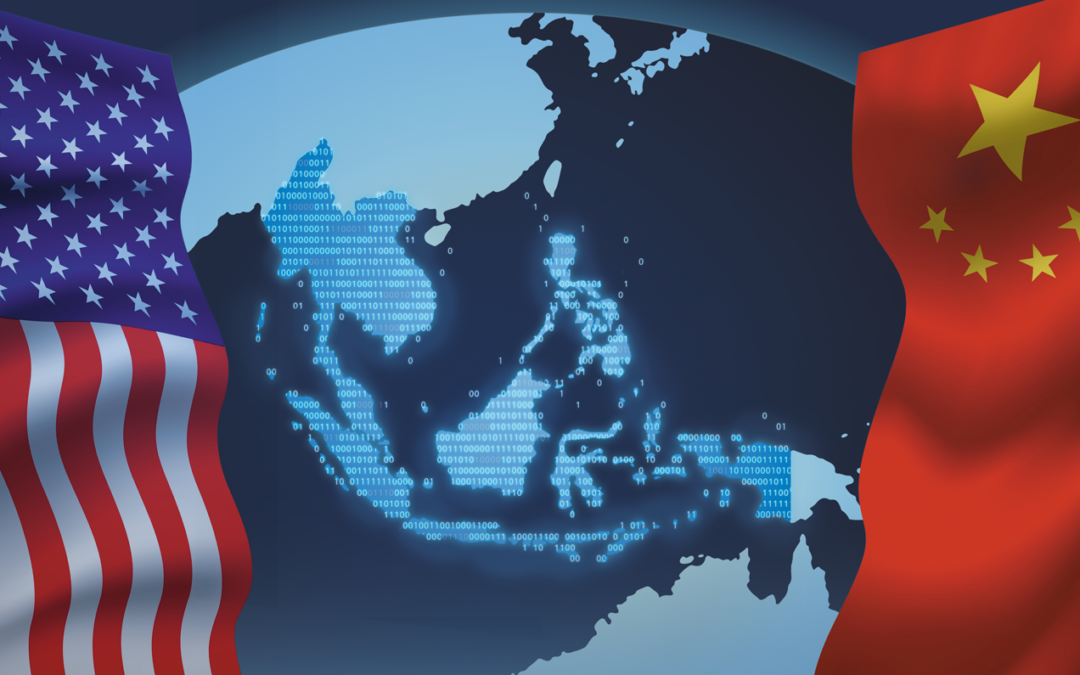
by Nicholas Mitsakos | Book Chapter, China, Globalization, Public Policy, Taiwan, Technology, Trade, uncertainty, Writing and Podcasts
The global investment landscape has reached a structural inflection point. Geopolitical realignments, industrial policy, and national security concerns are reshaping the era of frictionless globalization. At the center of this transformation is the intensifying strategic competition between the United States and China. The US is acting belligerently toward China in trade negotiations, threatening exorbitant tariff rates and trying to build walls around China’s international trade activity. All this may be a high-volume attempt to bring China to the table to strike a better trade arrangement. While this tactic is unprecedented, we may only be in the third inning of a nine-inning game. The current geopolitical and economic transition is both a challenge and a multi-decade opportunity. Capital will increasingly flow to regions that demonstrate policy consistency, innovation capacity, and demographic vibrancy. Strategic sectors such as AI, defense, semiconductors, energy, digital infrastructure, and cybersecurity will drive private and public investment. Embracing this new reality of regional diversification, thematic depth, and geopolitical foresight will position participants to thrive. As multipolarity replaces global uniformity, success lies with active, strategic alignment with the forces shaping the next economic era.

by Nicholas Mitsakos | Algorithmic Trading, Book Chapter, Innovation, Technology, Transformative businesses, Writing and Podcasts
Artificial intelligence is often imagined in extremes — utopian dreams of salvation or dystopian fears of extinction. More realistically, AI should be viewed as a normal technology. AI will be transformative, like electricity or the internet. Still, it will unfold over decades, shaped by human institutions, policies, and societal adoption patterns, not by sudden leaps into autonomous superintelligence. AI is not miraculous and unpredictable. It is transformative and will impact many lives for many decades. AI will not create extreme utopian or apocalyptic visions. It will be part of a continuum of human technological advances, powerful and transformative but ultimately shaped by human choices, institutions, and values. Focusing on resilience, gradual adaptation, institutional innovation, and evidence-based governance can help society maximize AI’s benefits while managing its genuine risks. The future of AI will not be determined by the technology alone. We will determine it.

by Nicholas Mitsakos | Artificial Intelligence, Book Chapter, China, Economy, Globalization, Public Policy, Science, Taiwan, Technology, Transformative businesses, Writing and Podcasts
The convergence of volatile geopolitics fragmented and unpredictable markets, disruptive technologies, and unique opportunities. Understanding geopolitical issues, developing innovative and insightful investment strategies, and navigating political and economic volatility are now essential to achieving investment success.

by Nicholas Mitsakos | Book Chapter, China, Economy, Globalization, irrationality, Public Policy, Taiwan, Trade, uncertainty, Writing and Podcasts
A turbulent geopolitical and economic environment is here to stay. Allocating capital in today’s economic and geopolitical landscape requires a sharp focus on macro trends, a disciplined approach to risk, and an ability to anticipate shifts in policy and global power dynamics. The investment landscape has never been more complex, with heightened tensions between the U.S. and China, uncertainty surrounding Taiwan, and Europe’s economic fragility. The new reality is that trade realignments, subsidized industrial policies, and emerging trading blocs characterized by protectionism and localization are rising. Now What?Geopolitical risk is no longer an afterthought. The US-China rivalry, Taiwan’s strategic importance, Europe’s economic fragility, and shifting trade policies will shape the next decade of global markets. Savvy investors will anticipate these changes and allocate capital to industries and regions positioned for sustained growth. The key to success is flexibility, resilience, and the ability to recognize macro trends before they materialize fully. The future is uncertain but full of opportunities.

by Nicholas Mitsakos | Artificial Intelligence, Book Chapter, China, commodities, Currency, Economy, Globalization, Innovation, Trade, Writing and Podcasts
The United States and China play global economic and political chess games. There are many moves and defensive and offensive strategies, not only for trade but also for energy and natural resources (rare earths among the most recent flavors of discord), geopolitics (Russia, Ukraine, Iran, the Middle East generally), technology (Taiwan and AI), and global economic supremacy. It’s a long list, but China and the US drive the outcomes. Instead of working for mutual benefit, regardless of fundamental cultural and political differences, we are now drawing bright lines demarking battle zones (Ukraine and Russia; Taiwan; AI and advanced technologies). The result will be economic and technical inefficiency and degradation in the quality of life, safety, and prosperity. China must acknowledge the outrage caused by its overreaching bids for control, and America must adjust to China’s presence without selling honor for profit. Competition is not us-or-them; reality is us-and-them. The U.S. semiconductor industry gets 30% of its revenue from China. China’s resulting products service the world, and China’s producers need the U.S. as well. If allowed, such examples of mutual benefit will proliferate. It is naïve to imagine wrestling China back to the past. The project, now, is to contest its moral vision of the future. Connected, collaborative engagement is the only practical way. China has come a long way, and its trajectory cannot be ignored or dismissed. The U.S. and China will be much better off from this more enlightened, realistic perspective. See the whole board.

by Nicholas Mitsakos | Book Chapter, China, Economy, Globalization, Investment Principles, Writing and Podcasts
The “Thucydides Trap” occurs when a rising nation-state—for the Greek historian Thucydides, it was Athens—must eventually have a violent confrontation with the existing dominant nation-state—Sparta in his time. It is a zero-sum game where there can be only one dominant nation-state as the eventual winner, and it is usually assumed that the rising nation-state will outdo the dominant nation-state resolved only by military conflict.The United States and China are today’s Sparta and Athens. For several decades, their geopolitical relationship has been fundamentally based on collaboration and healthy competition, raising the bar for both countries. Now, it is turning into discordant competition, trade restrictions, and embargoes. The combined benefits of global collaboration and competitiveness, not trade restraint, will only enhance the benefits for the United States and China. The government creates friction and potential conflict, which is the biggest reason we fall into the Thucydides Trap. If appropriate, oversight, sensible regulation, and enforceable trade agreements do not interfere with fair competition and collaboration. There is no “Trap” to avoid. The sooner China and the US realize this, the better off each country (and the world) will be.
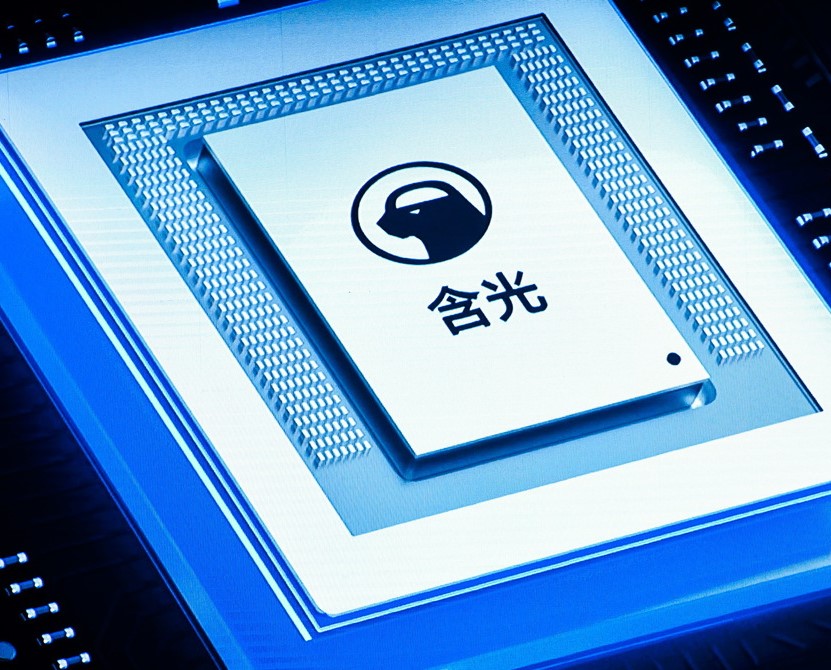
by Nicholas Mitsakos | Artificial Intelligence, Book Chapter, China, Globalization, Innovation, Public Policy, Transformative businesses, Writing and Podcasts
Significant VC activity and AI development opportunities are emerging in China. DeepSeek is the Vanguard of innovation from the artificial intelligence “moonshot” encouraged by the Chinese government. Not only will we see ongoing developments from Alibaba and Tencent, but there will also be a layer of elite AI companies at the forefront of China’s AI sector. US sanctions and restrictions have only increased innovation and groundbreaking AI development activity in China. Those sanctions will amount to nothing and encourage accelerated advancement.
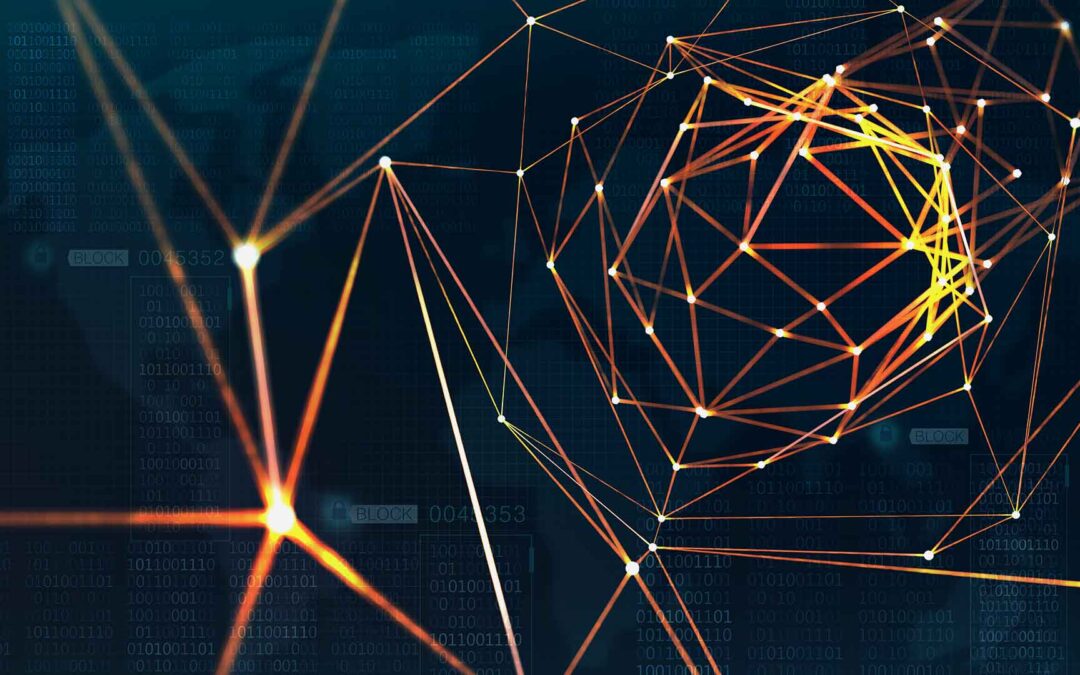
by Nicholas Mitsakos | Artificial Intelligence, Book Chapter, Innovation, Science, Technology, Transformative businesses, Writing and Podcasts
AI is not a data problem; it is a cognitive architecture problem. Data and computing power will become insurmountable hurdles for transformer-based models. A new generation of AI models requires fundamental breakthroughs. Large data models can’t learn, transfer knowledge or understanding, understand the relevance, or use analogous learning to transfer that relevance and predict. Current AI models require massive and increasing data and learn from reinforcement. This cannot scale and is massively inefficient. Real learning based on cognitive architecture, focused dynamic data, and referential data sets is a better solution. This is closer to real human learning, more effective and efficient, and offers a significantly better solution. Understanding the natural learning process — referential and analogous data, categorization, transferring and building upon that data, and creating knowledge applicable to new situations — learning builds upon itself and is exponentially effective. That is the real AI solution.

by Nicholas Mitsakos | Book Chapter, Globalization, Innovation, Public Policy, Technology, Writing and Podcasts
The paranoia is building. From the CHIPS Act to proposals for absurdly high tariffs (60% on goods from China isn’t going to help anyone) to banning TikTok, the world is on the verge of reversing decades of progress and exchanging real progress for delusionary gains.
Efforts to localize production and economic development with vast government subsidies are being proposed or enacted in the United States, the EU, China, India, and any other economic center that can think of it.
Hiding behind walls has never worked and makes life worse for everyone.

by Nicholas Mitsakos | Artificial Intelligence, Biotechnology, Book Chapter, Digital Assets, Innovation, Investments, Science, Technology, Writing and Podcasts
Global technological transformation and disruptive technologies create extraordinary opportunities – and magnified risks. Headline-grabbing hyperbole dominates each news cycle, and some forecasts and bewildering futuristic projections can mostly be dismissed. However, meaningful substance and catalytic disruptive change are permeating all industries.
A context to understand these developments – a broader, methodical, and disciplined way to think about disruption and transformation- shows that extraordinary opportunities on a highly competitive global scale are emerging.
Artificial intelligence and AI-generated tools, digital assets, blockchain-based businesses, gene editing, and DNA sequencing profoundly impact the world’s most important industries. New technological innovations and platforms enable unprecedented disruption to all business and economic models.
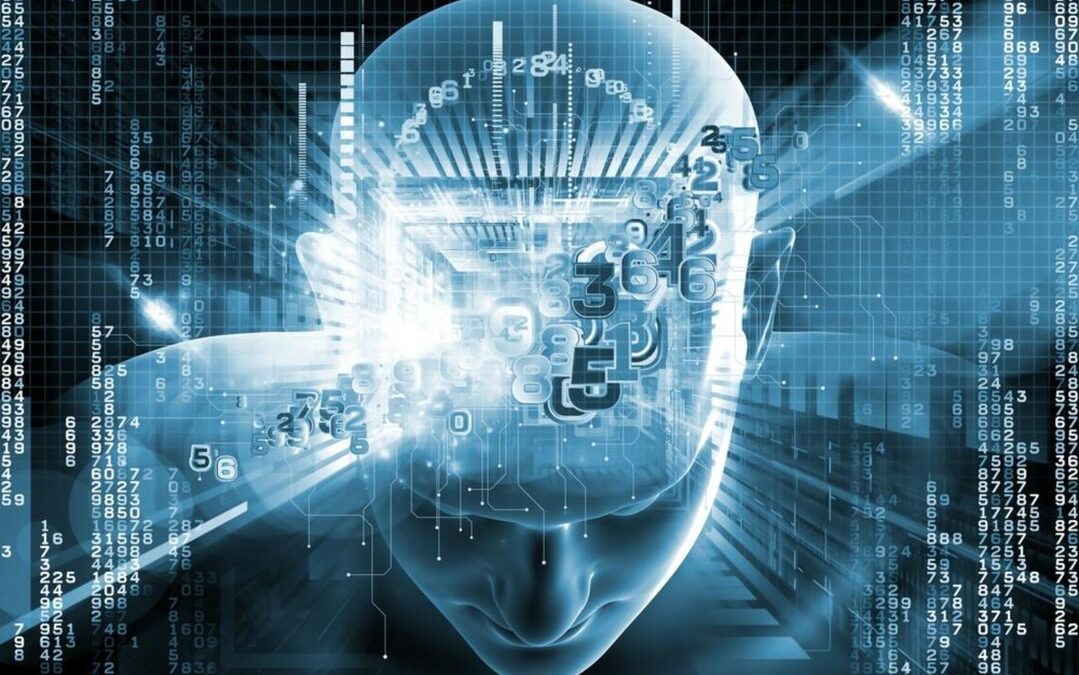
by Nicholas Mitsakos | Artificial Intelligence, Book, Book Chapter, Innovation, Science, Technology, Transformative businesses, Writing and Podcasts
Artificial intelligence is poised to significantly impact various fields and activities, transforming how we approach creativity, professional activities, science, and many more domains. Disruption will accelerate the development of new innovative businesses and strategies in finance, medicine, data management, systems engineering, materials science, art, and other industries. AI’s impact will be profound and multifaceted, driving innovation and efficiency and posing challenges regarding ethics, job displacement, and new skills and regulations. As AI continues to evolve, its integration into these areas will likely shape the future of human society in significant ways.
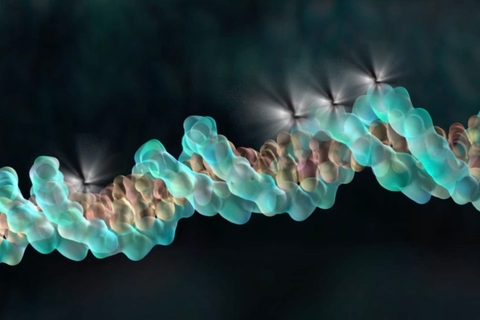
by Nicholas Mitsakos | Artificial Intelligence, Biotechnology, Book Chapter, crispr, drug discovery, Health Care, Innovation, Science, Writing and Podcasts
The first gene-edited approved drug (treating sickle cell anemia) is the first commercial rewriting of human genomes. Is this a new “Golden Age” for medicine? There is great promise, and the potential to treat unmet medical needs, scale dramatic innovations to commercial applications, and transform life sciences is enormous. Since every medicine is an intersection of scientific, technical, and clinical understanding, many new treatments are suddenly arriving because of the convergence of dramatic advancements in science, technical knowledge, and clinical results. Modern medicine is witnessing a transformative era of groundbreaking innovations and technological advancements. We are witnessing a renaissance in drug treatment driven by innovations in immunotherapy, weight management, vaccine development, gene editing, and AI. These advances reshape medical treatments and fundamentally alter our approach to health and disease. As these technologies mature and their applications broaden, the future of medicine holds unprecedented potential for improving human health and longevity. A golden age – with a bit of hype.












